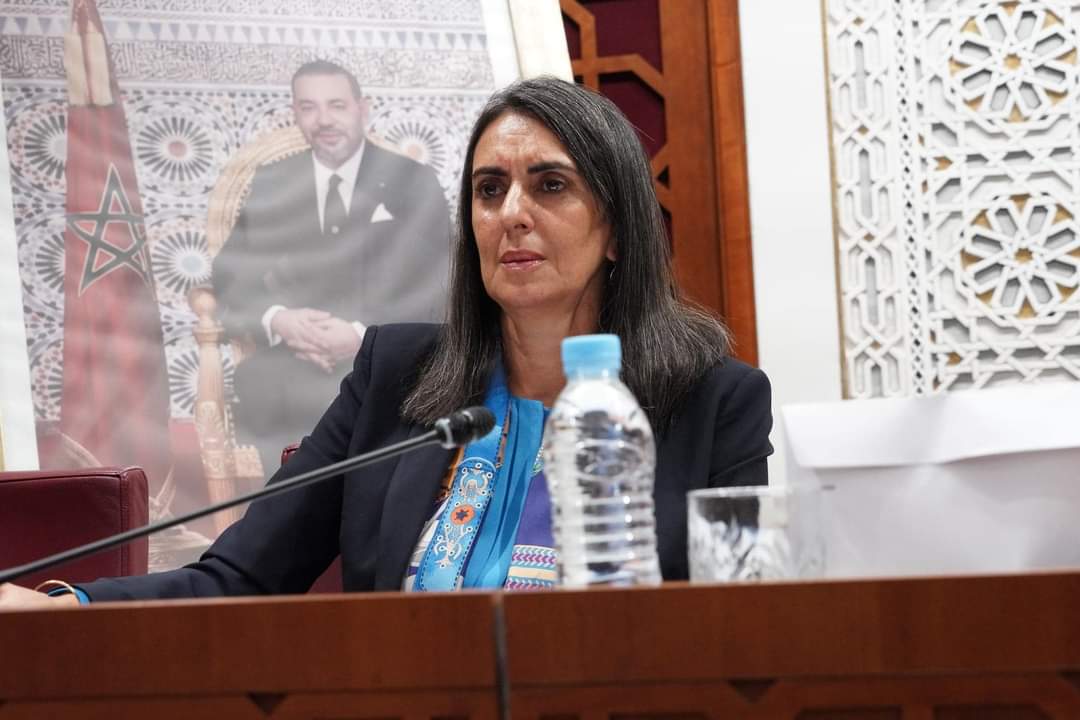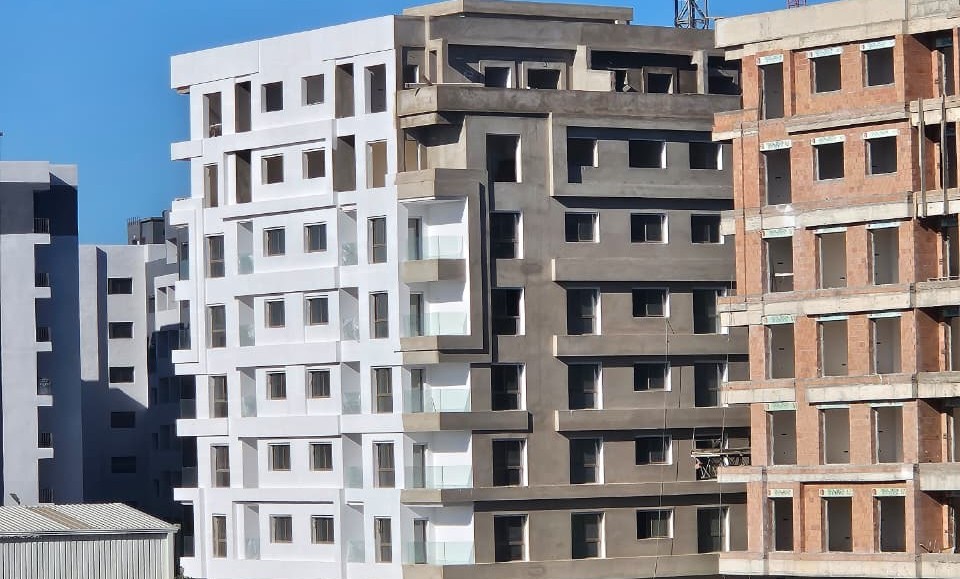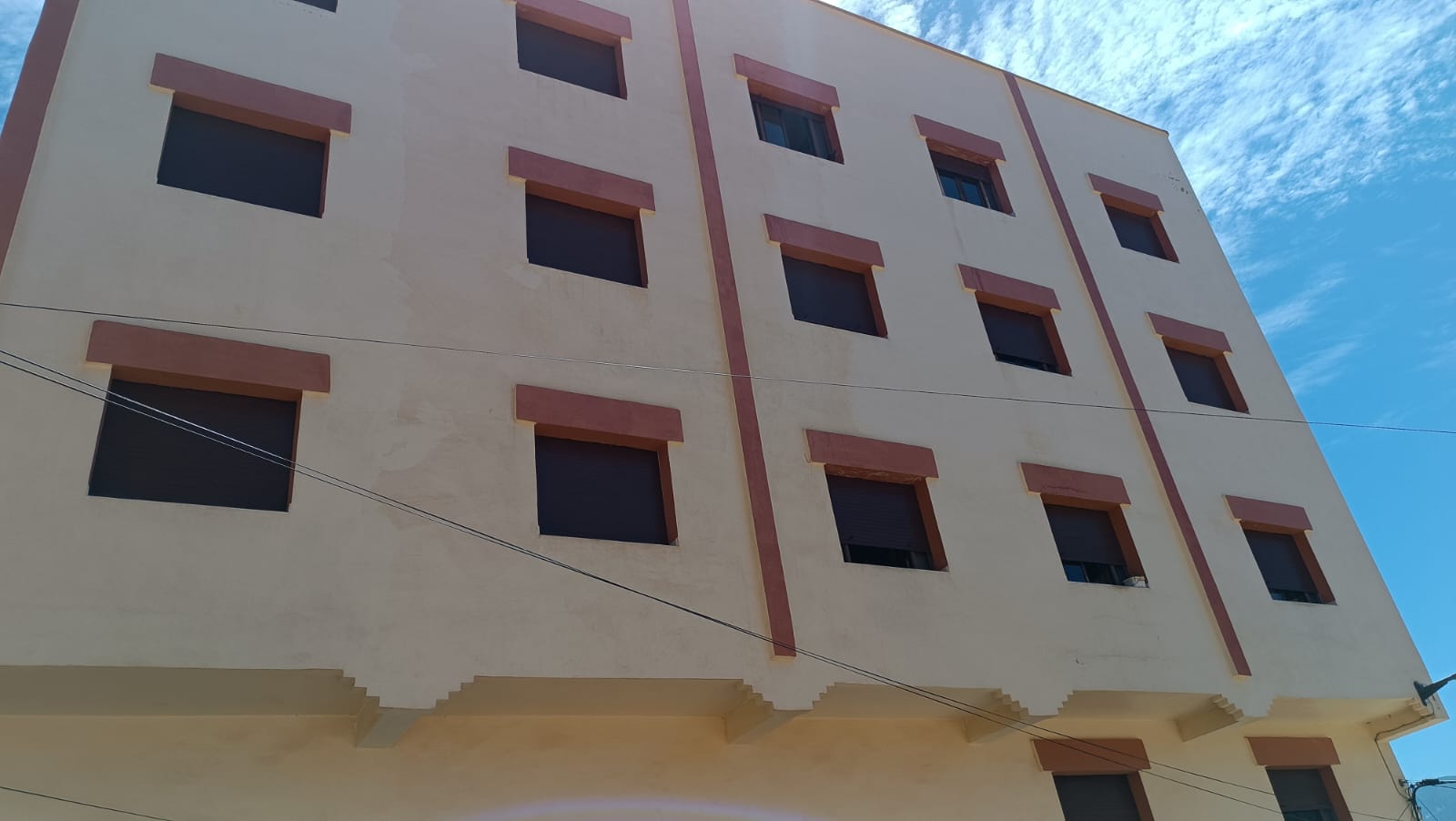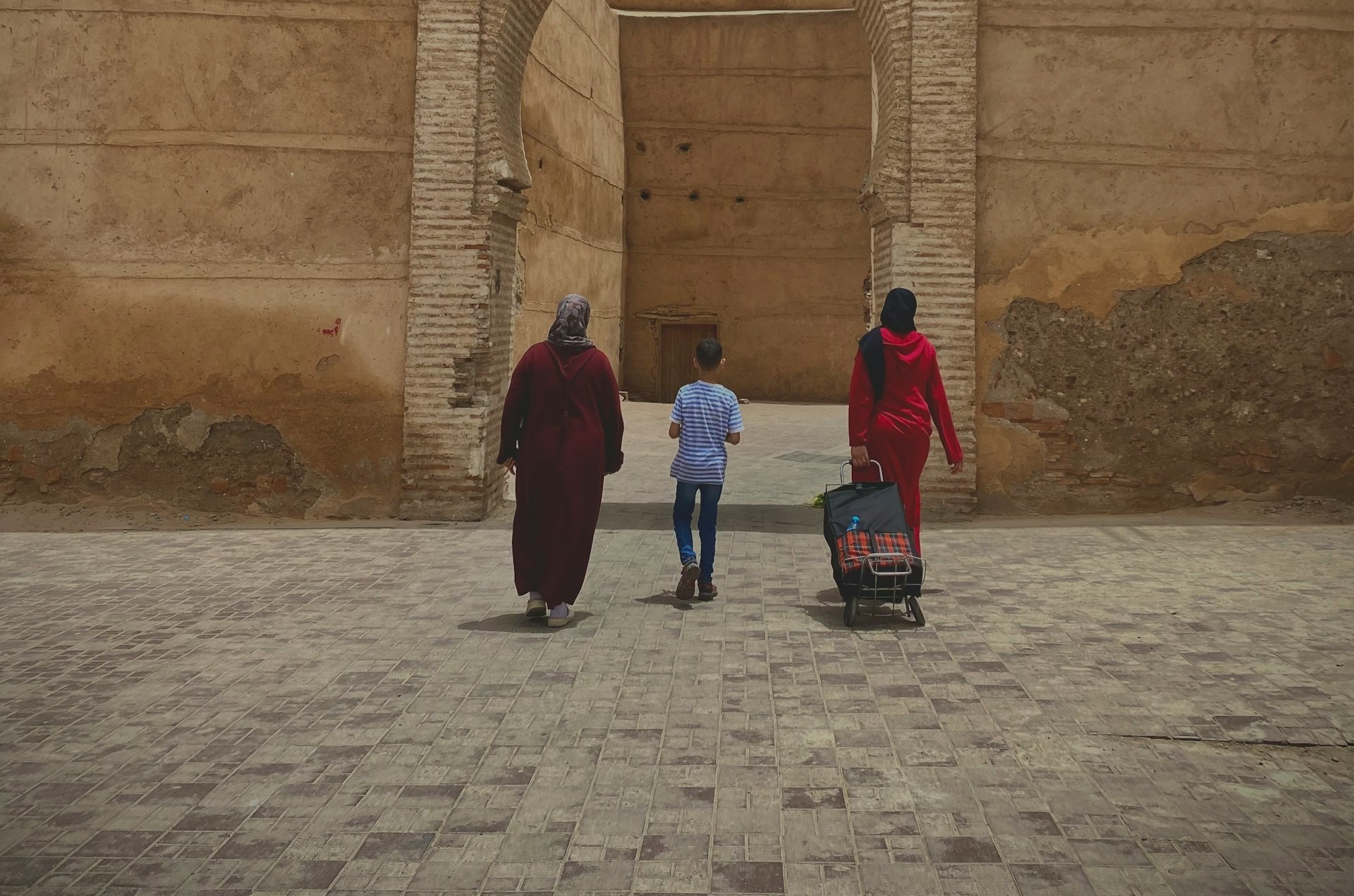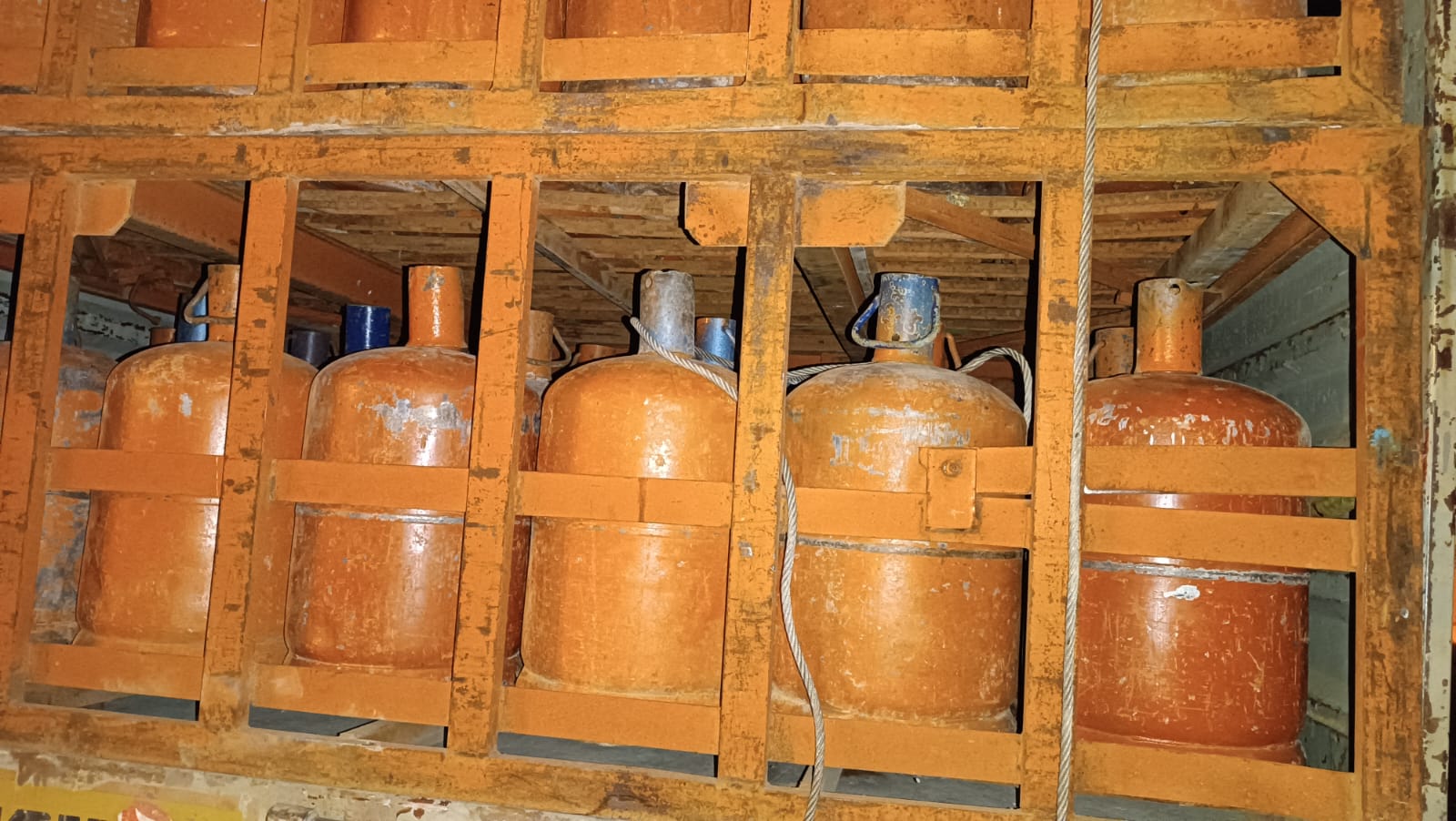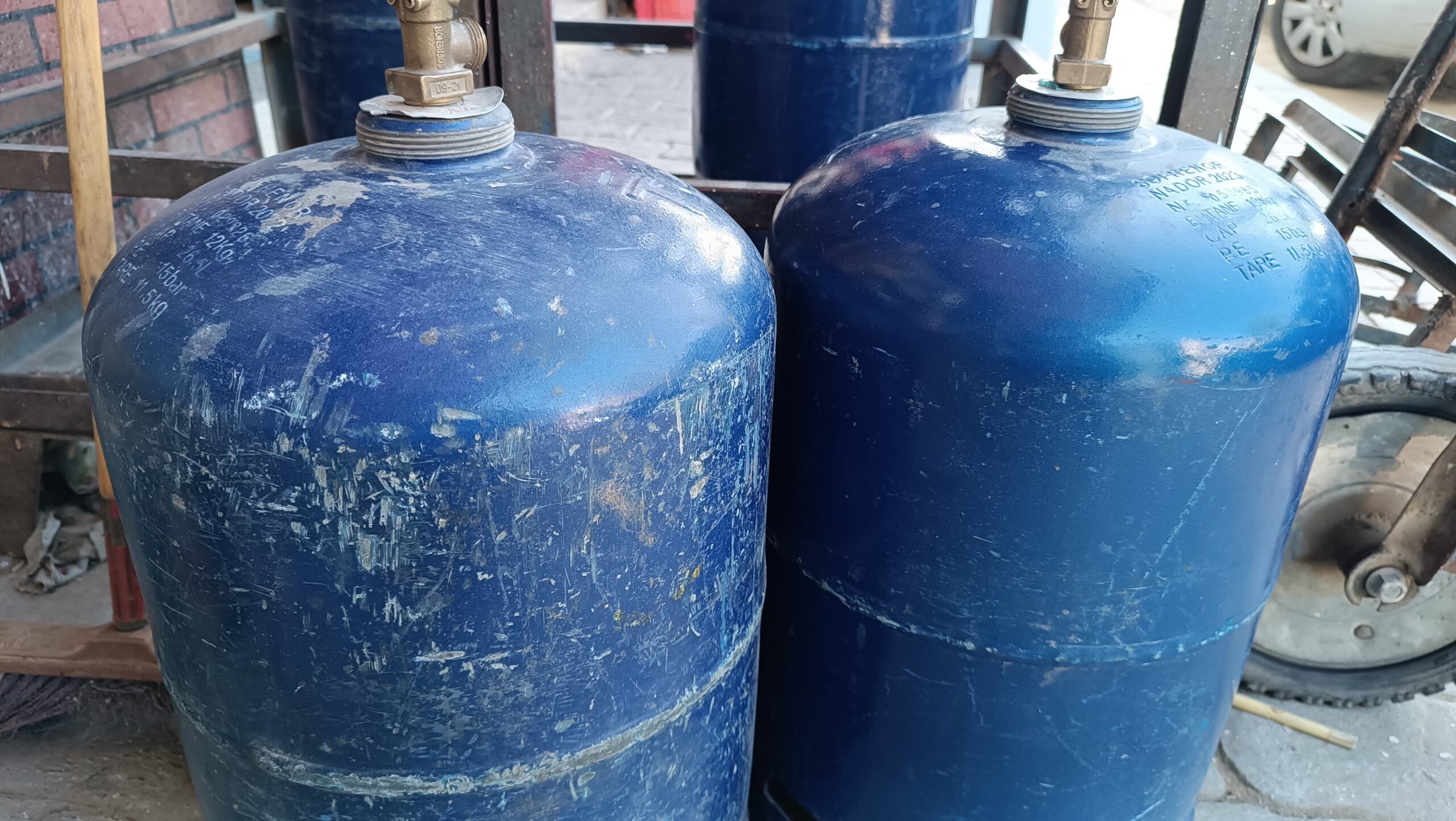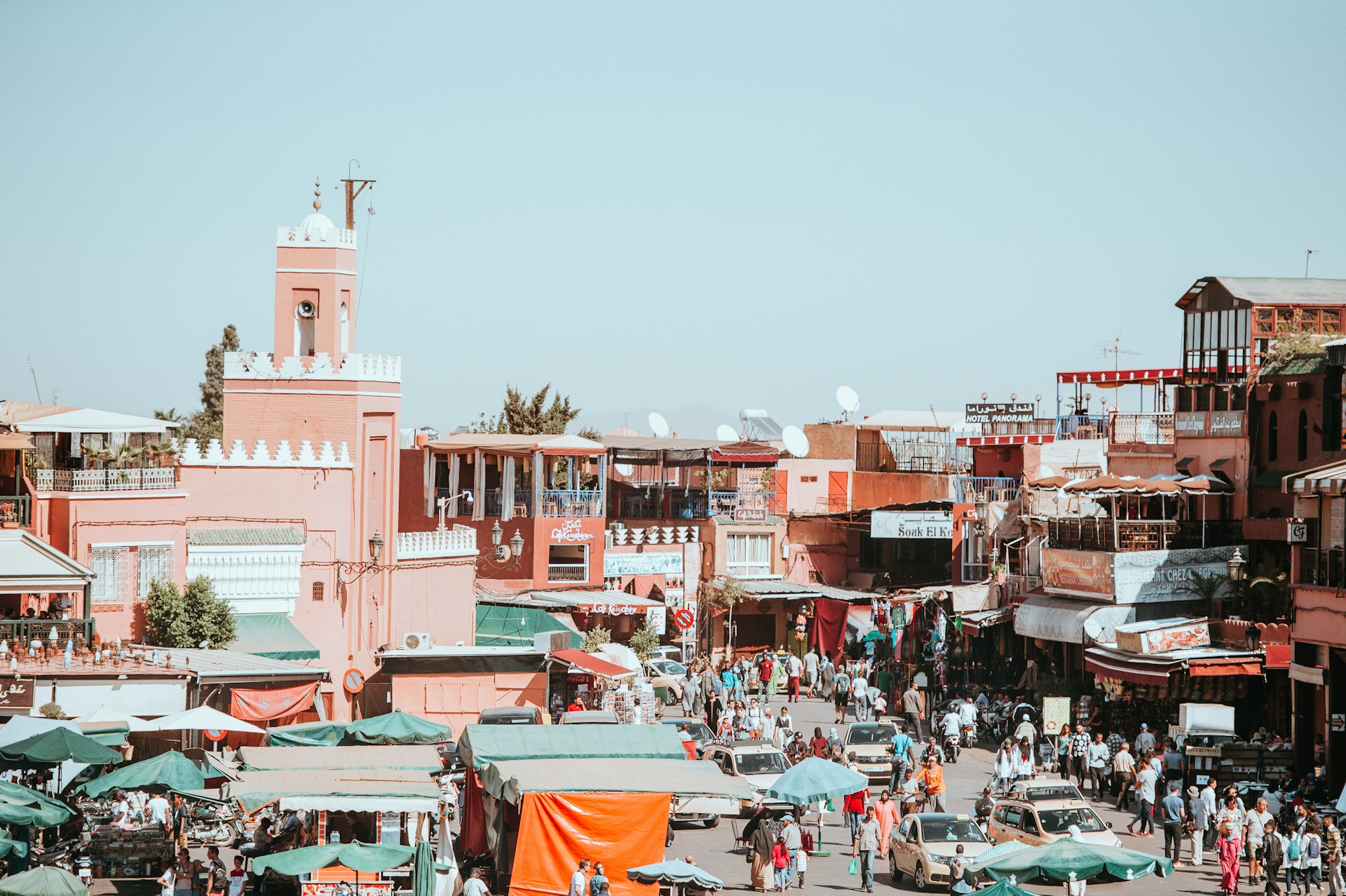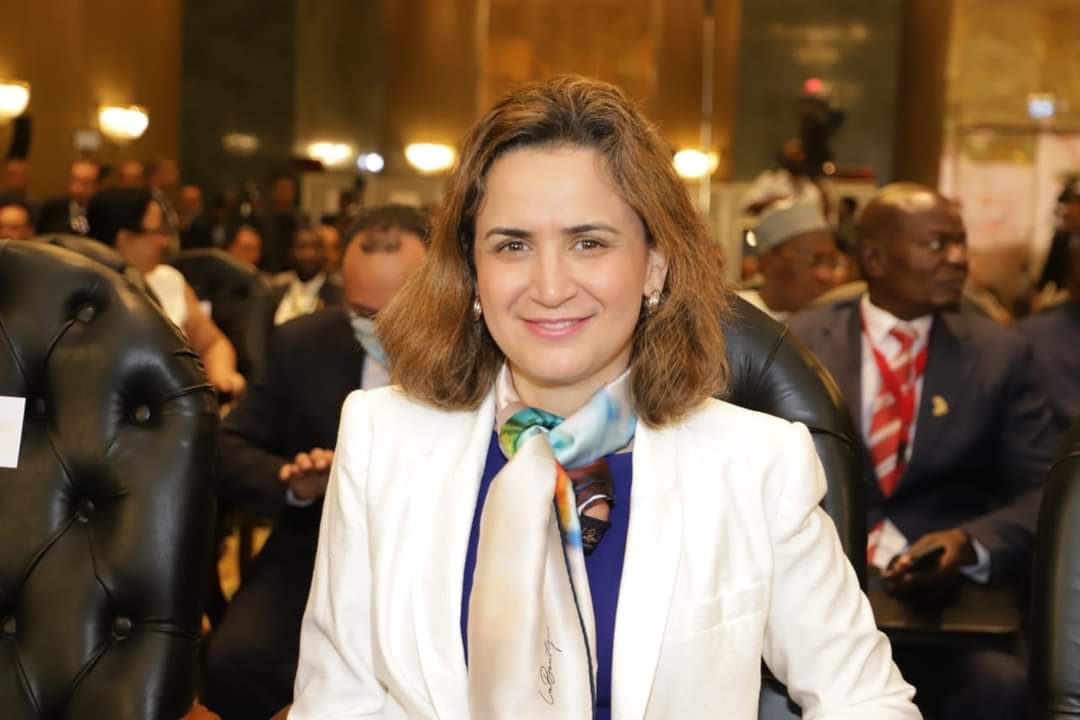Casablanca – The Moroccan government has made important progress in managing inflation and bolstering purchasing power amidst challenging economic conditions.
In a recent session of the House of Representatives, Minister of Economy and Finance Nadia Fettah Alaoui reaffirmed the government’s commitment to controlling inflation, which recently peaked above 2%. She stated, “We have successfully managed to reduce inflation to below 2% by the end of September, thanks to the effective monetary policies of Bank Al-Maghrib and targeted government programs aimed at protecting consumers.”
Highlighting the country’s economic resilience, Alaoui noted that Morocco has achieved a growth rate of 3.7% across all non-agricultural sectors. This figure surpasses the average growth rates recorded from 2014 to 2018, a period characterized by relative stability. “The assumptions we set are carefully constructed, and we remain committed to them as we shape our programs,” she emphasized.
Alaoui also addressed the expectations for a fruitful agricultural year in 2025, predicting that a yield of 70 million quintals could elevate growth to nearly 5%. She acknowledged the uncertainty surrounding next year’s agricultural output but expressed optimism based on historical performance, stating, “We have previously produced over 100 million quintals in good years, and we hope for favorable rainfall this season.”
In addition to economic growth, Alaoui underscored the government’s focus on enhancing social welfare. She highlighted a significant increase in public sector salaries and raised the minimum wage in the private sector. Furthermore, she announced a reduction in income tax, which had not been revised since 2010. “We are proud to have made these unprecedented changes while ensuring that no segment of society is overlooked,” she remarked.
The Minister confirmed that the Finance Bill for 2025 is designed to support various reforms and large-scale projects, emphasizing the government’s dedication to social equity. “This government is the first to increase the share of value-added tax allocated to local communities since 1986. Our efforts reflect a commitment to strengthening the social state by mobilizing substantial financial resources,” she explained.
Alaoui also highlighted the allocation of approximately $3.8 billion for social protection initiatives, alongside $2.1 million for enhancing social dialogue. These efforts aim to bolster purchasing power and provide direct support for housing, in addition to a new roadmap for job creation.
Regarding the agricultural sector, she acknowledged challenges faced by farmers and traditional artisans, but expressed hope that their circumstances would improve, allowing for greater participation in health coverage programs. More than 15,000 individuals have already benefitted from targeted incentives to join social protection schemes.
In health, Alaoui reported significant developments, asserting that all ministries are open to addressing current issues, particularly those faced by medical students. She assured that investments in hospitals and health services are progressing to deliver tangible reforms.
On the topic of housing, the minister responded to concerns raised by deputies regarding real estate developers, asserting the importance of direct support reaching citizens. “Our initiatives have resulted in increased cement sales, demonstrating the success of our housing support measures,” she stated, indicating a positive ripple effect on the economy.
Finally, Alaoui announced a commitment to implementing the new investment charter and improving the business climate. “We are focused on creating a clear vision that enhances private sector investment opportunities, particularly in the industrial sector,” she concluded.
With these comprehensive measures, the Moroccan government aims to foster economic stability and ensure that all citizens benefit from national growth and prosperity.






